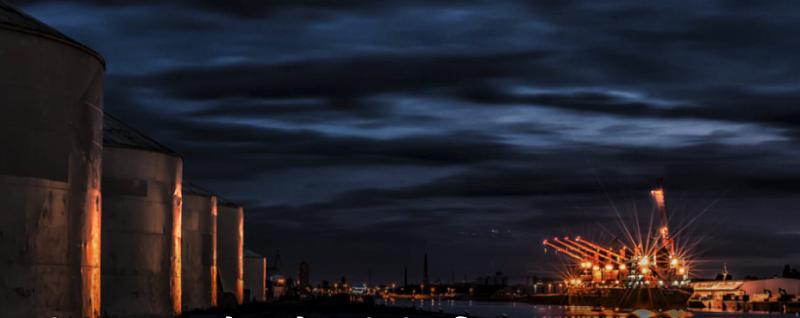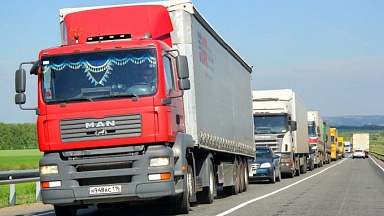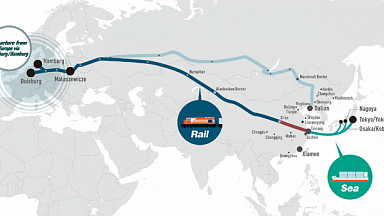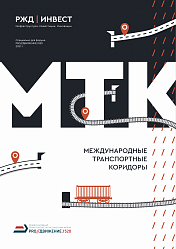Lineas and Volvo have been collaborating for over twenty years. With their new project, they aim to prove that «integrating rail into multimodal logistics solutions can significantly improve a company’s supply chain and positively impact climate and mobility», said Lars Redeligx, CCO at Lineas.
Speed and sustainability
Regarding the particularities of the project, cargo is transported from Sweden to Belgium by sea. DFDS Seaways is responsible for this part. In Belgium cargo arrives in the V6 terminal of the Mercatordock in North Sea Port Ghent. There, it is loaded in freight trains provided by Lineas and begins its trip towards the European hinterland and the east. Road trucks are used only for the transportation of cargo in short distances around Ghent.
Collaboration between industry, short sea and rail produces impressive outcomes, stated Morgan Olausson, Vice President at BU North Sea North, since «it facilitates the transportation of huge volumes of cars sustainably, efficiently and quickly».
Martin Corner, Supply Chain Logistics at Volvo Cars, spoke about an «ideal multimodal flow». The combination of different transport modes that the V6 terminal provides enables the supply chain to be faster and cost-efficient. It is indicative that the turnaround time from the factory to the final destination is unprecedented, while rail demonstrates its reliability once more.




